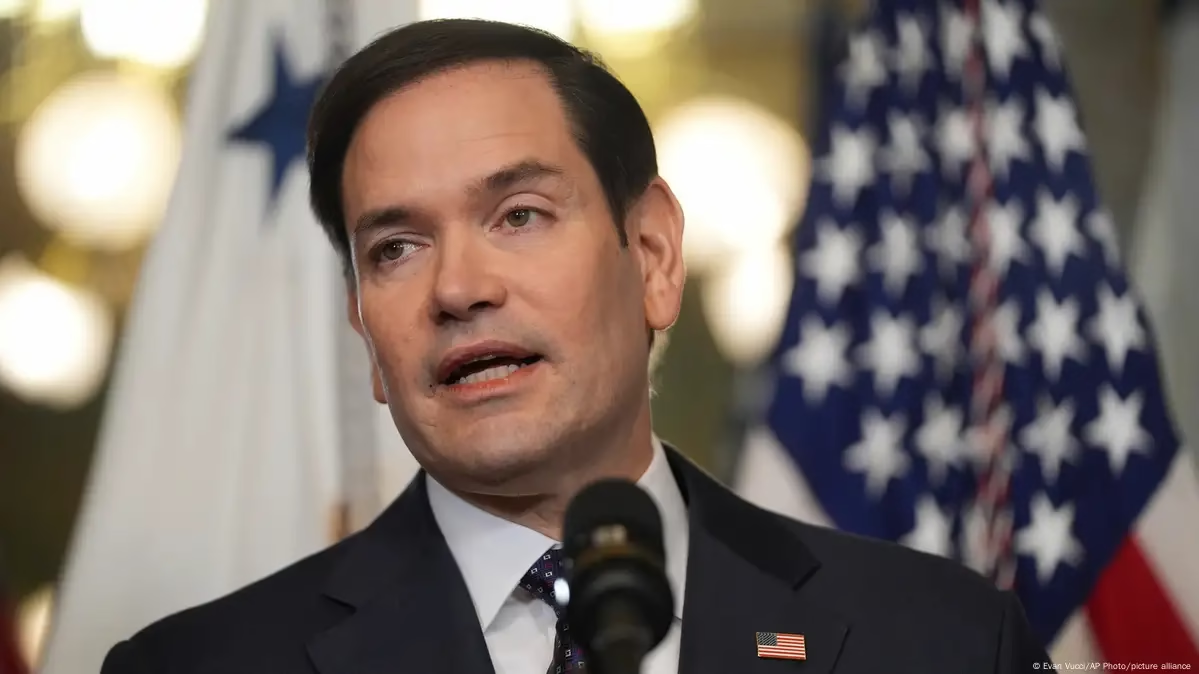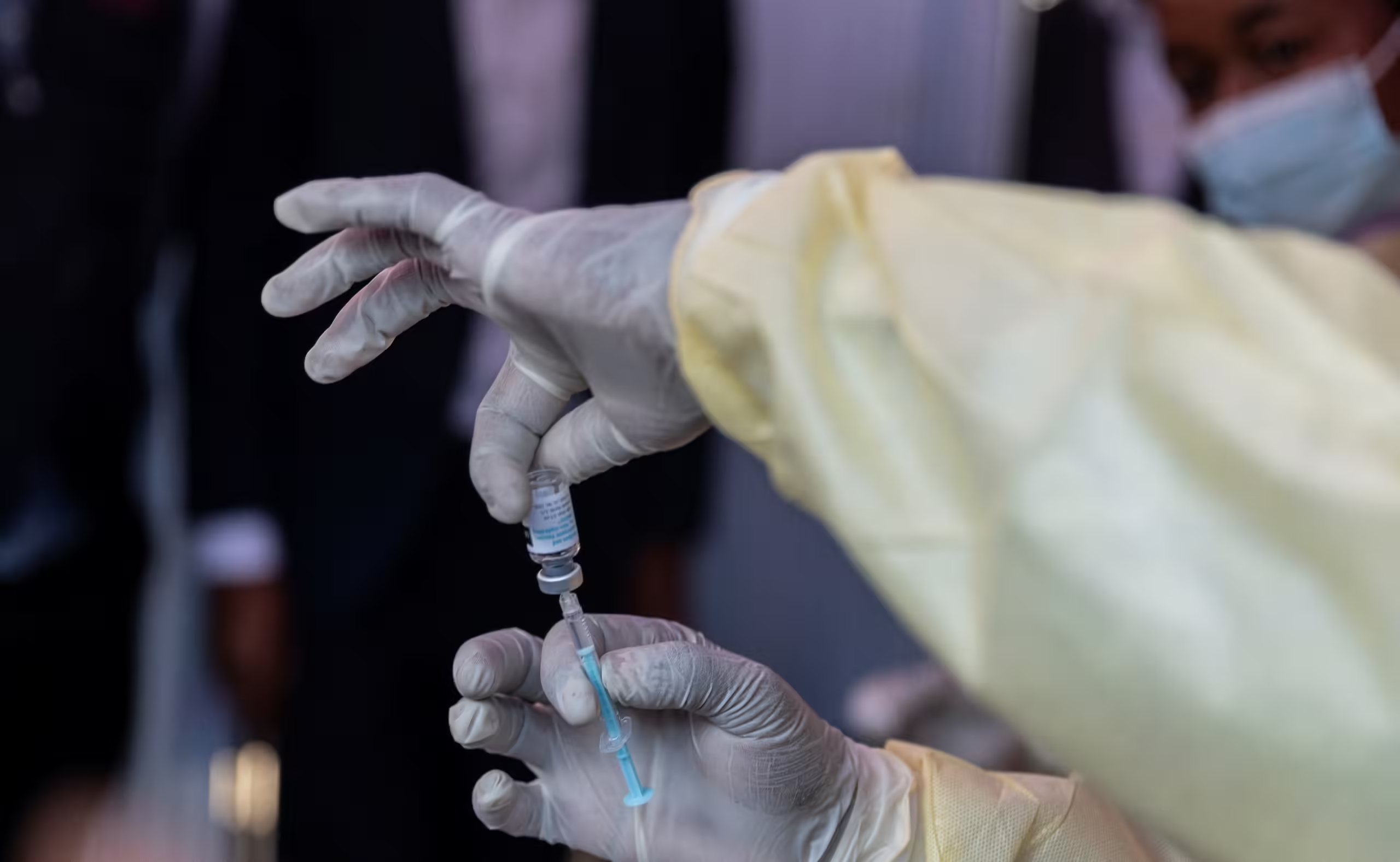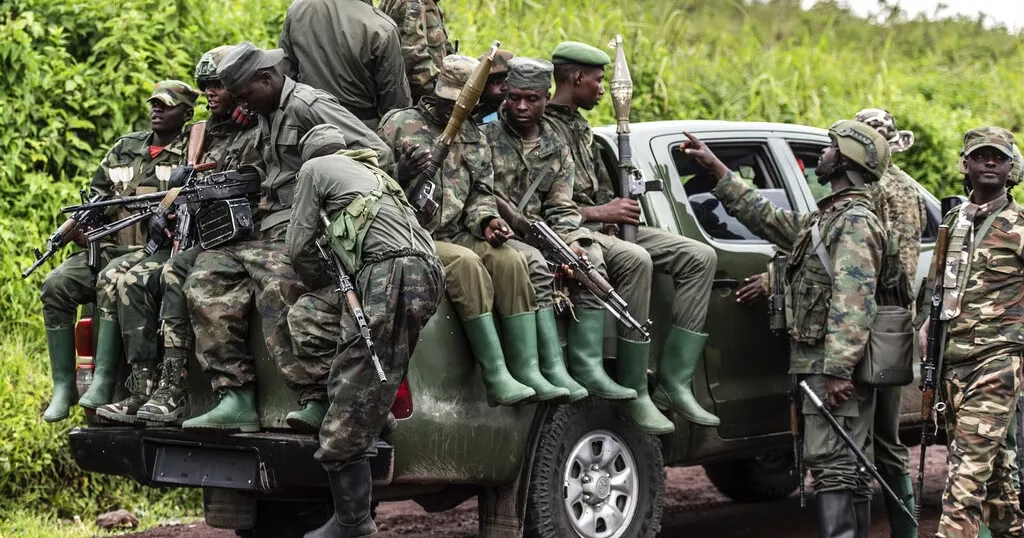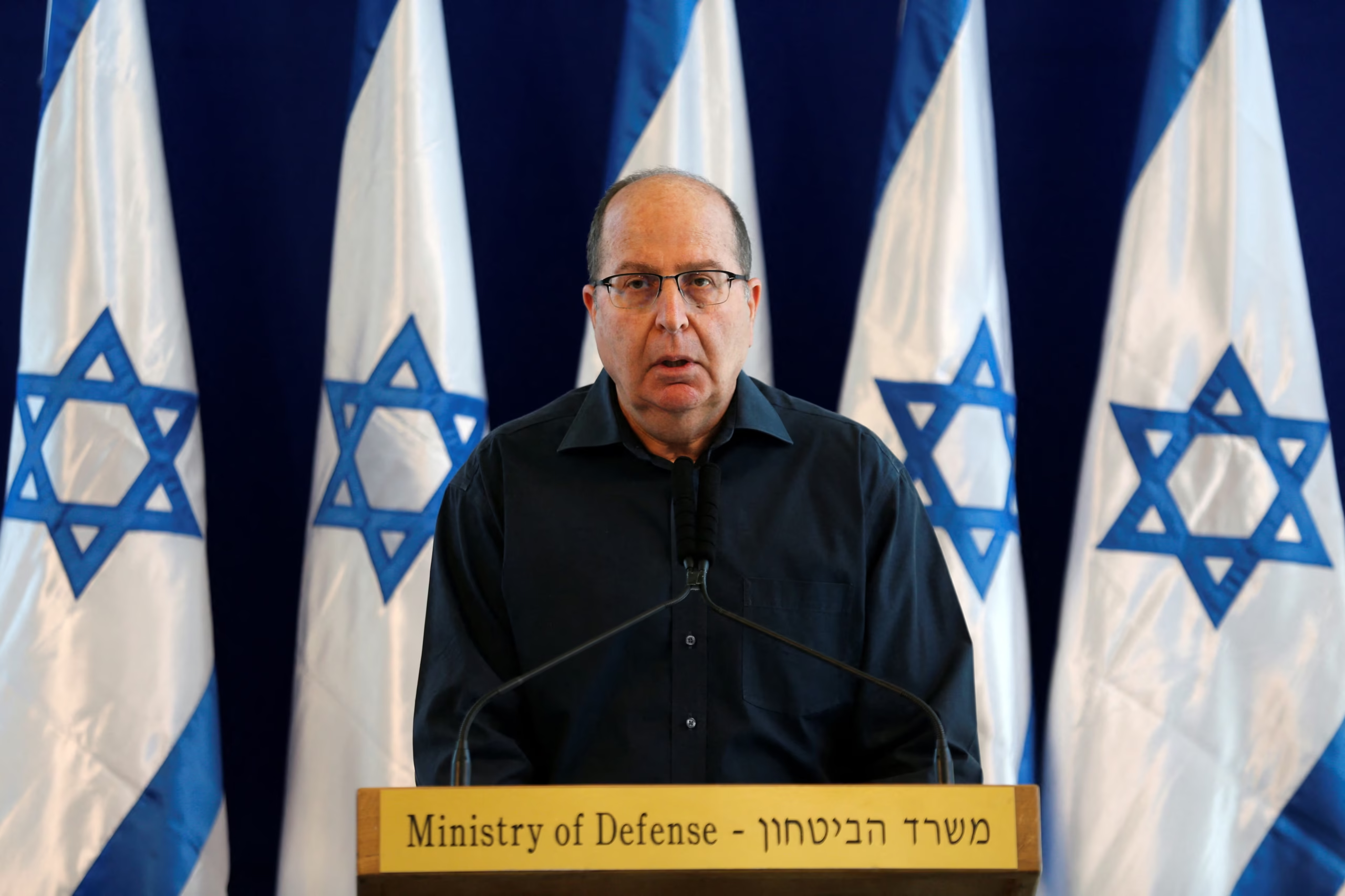U.S. Secretary of State Marco Rubio announced on Friday that the United States will no longer shoulder the majority of global humanitarian aid, urging other wealthy nations to step up in response to the recent catastrophic earthquake in Myanmar.
Speaking to reporters in Brussels, Rubio stated, “We’re not the government of the world. We’ll provide humanitarian assistance, just like everybody else does, and we’ll do it the best we can. But we also have other needs we have to balance that against.”
This marks a sharp departure from previous U.S. foreign aid policy. On his first day in office, President Donald Trump ordered a 90-day freeze on all foreign aid, triggering stop-work orders across the U.S. Agency for International Development (USAID). The move has thrown global relief efforts into disarray, threatening the delivery of vital food, water, and medical supplies. USAID has since been significantly downsized, with staff layoffs and terminated grants, as Trump and billionaire Elon Musk push forward with a plan to drastically reduce the federal government’s size.
Rubio defended the administration’s stance, arguing that the expectation for the U.S. to continue bearing 60–70% of global humanitarian costs is no longer sustainable. He specifically called out China and India, stating, “China is a very rich country. India is a rich country. There are a lot of other countries in the world, and everyone should pitch in.”
The remarks come after a devastating 7.7-magnitude earthquake struck Myanmar last Friday — one of the strongest in the country’s history — affecting a region with 28 million residents. The quake has killed 3,145 people, injured over 4,500, and left more than 200 missing, according to the country’s military junta.
In contrast to its historic leadership in global disaster response, the U.S. has pledged a comparatively modest $2 million in aid and announced plans to send a three-member assessment team. However, their deployment has been delayed due to visa issues with Myanmar’s military rulers.
Rubio dismissed criticism that the U.S. response was hampered by the dismantling of USAID. Instead, he cited the junta’s hostility toward the U.S. as a major obstacle: “Myanmar is not the easiest place to work.”
Meanwhile, the United Nations human rights office has accused Myanmar’s military of restricting aid access in opposition-held regions most affected by the earthquake. According to current and former U.S. officials, the diminished capacity of the American government has clearly impacted its ability to respond swiftly and effectively to international disasters.



